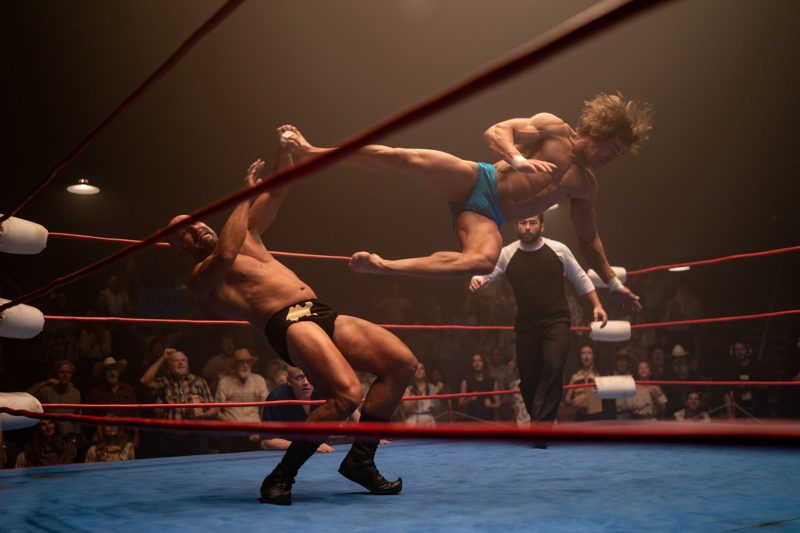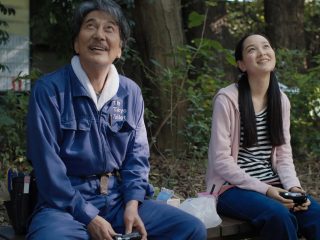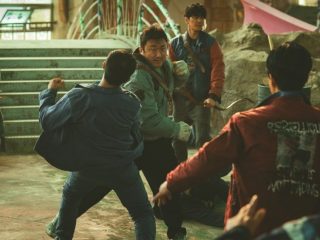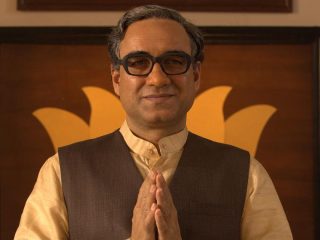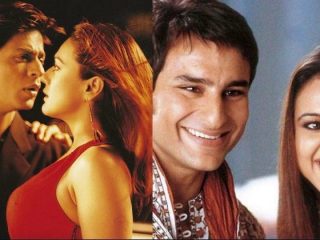Wrestling is a fascinating entertainment sport. It is easy to ridicule because it is a melodrama restricted to the ring as well as the corridors, which would lead to closure by battling it out in a ring. It’s operatic storytelling with convictions on a grand scale. While it may be scripted or pre-written for a story or a narrative, the physical strength to sell the narrative is enormous. There is athleticism necessary – as well as determination – to maintain the verisimilitude of the world within the ring. The kayfabe is essential, and belief in that kayfabe becomes the drug, the validation of the crowd being high.
It is that validation that allows the seeds of masculinity to evolve and wrap themselves around, where the win and progression through the ladder of the wrestling story become important, even essential. Considering the enormously hectic schedules and the pressure to perform week in and week out throughout the national stage, one won’t be surprised to learn that a high-pressure sport like wrestling has a dark side to it. There are well-known tragedies within the annals of wrestling, but none are perhaps more tragic than the Von Erich story, where five Von Erich brothers pass away due to unforeseen circumstances, with none of them facing a natural death.
I say five, while the movie shows four of these brothers, because the real-life tragedy of the Von Erich brothers is so tragic that it strains credulity. At least one can safely surmise that this is the reason why director Sean Durkin streamlined the number of brothers (and removed an entire brother, Chris Von Erich, whose death is even more tragic) who have passed due to tragic circumstances. Pre-WWF historians and people familiar with Von Erich’s history (through “Dark Side of the Ring”) would call Durkin’s choice an easy way out or a deliberate erasing of facts.
That is not entirely an unjustified statement to make, except The Iron Claw, for better or worse, is the story of Kevin Von Erich (Zac Efron), the relationship he had with his three brothers, and his father Fritz Von Erich (Holt McCallany). It is majorly focused on Kevin’s perspective, and his point of view of the relationship and his personal story follows the lion’s share of the narrative, and thus inevitably sidesteps all the brothers. Durkin’s treatment of the story doesn’t paint Fritz as a moustache-twirling villain masquerading as a slave driver for his sons. He too is the result of a competitive mindset warped by an unimaginable loss (the death of his first son), which leads to him hammering home the message that the only way to move on from the tragedy is to train, to be strong, and to battle in the ring. But it is that masculinity and that rigidity that make him the villain.
The unwitting-ness of the villainy is expressed very well through Efron’s Kevin Von Erich, a man whose body is sculpted like an Adonis but whose mind is that of an adolescent, not exactly cognizant of or familiar with social niceties or even the concept of having fun. As it stands, this ultimately makes him lower on the personal totem pole of Fritz Von Erich, who judges his sons like statisticians. Kerry Von Erich (Jeremy Allen White) is at the top, followed by Kevin, then David (Harris Dickinson), and finally Mike (Stanley Simons). But David’s new-found ease at trash talk and work on the mic puts him as the odds-on favorite for his father’s approval, and Kerry’s inability to become an Olympic footballer makes him an easy target for his father to induct him into wrestling, as all these ultimately form the grander tapestry of earning that World Heavyweight Championship Belt.
If that sounds patently ridiculous, it is because the characters themselves are put with blinders on, Fritz by choice, and the sons without. Kevin Von Erich is completely obsessed with hook, line, and sinker, even as he explains to Pam, his girlfriend and later wife, the reality of what the belt might represent. And thus therein comes that unwitting-ness, as every one of the Von Erich brothers passes away by freak accidents or unnatural causes. Kevin asks his father how David died of “intestinal rupture” when reality is staring at him in the face. The gorgeous dissolve shot of the three brothers’ faces meshing with each other as they come down from a three-way ring fight is one of exhaustion, steroidal high, and adrenaline dying down. But at their core, what is driving them is their definition of masculinity and their fear of disappointing their father.
The curse of the Von Erichs is ultimately a tragic and yet childish rationalization of toxic masculinity rearing its ugly head. While it could be argued that the movie rushes in the final act or that the brothers aren’t given enough limelight as compared to Kevin, the film works because it spends an ample amount of time not only developing the dynamics of Fritz with his sons but also Kevin’s relationships with his brothers. The love shared by the brothers and the unwavering support they have for each other is palpable and meaningful, and thus the deaths hit you hard. Durkin wisely chooses not to show the deaths, but he does choose to show minor changes in the contours of Efron’s face as he essays the conflicted survivor among the Von Erich brothers. Efron is truly ethereal in his performance, bringing to light confusion, hurt, and disgust at feeling pangs of jealousy. He truly feels like a little kid wearing the Halloween costume of an overgrown wrestler, and Durkin chooses to spend the majority of the second act in shadows, masking Kevin’s face as he tries sleeping alone, trying to rationalize what he knew all along—the road to escaping his fate.
When Durkin shows the wrestling matches, they are dynamic and yet feel appropriately homegrown in their low-budget aesthetic. He truly manages to maintain the authenticity of these local promotions before they are inevitably bought out by the WWF (the actor playing Ric Flair is heavily miscast). But The Iron Claw also works because, even though it is steeped in wrestling history, it works apart from it, focusing instead on the intimacy and the destructive capability of toxic masculinity. It is King Lear though the lens of professional wrestling, a Louisa May Alcott storytelling approach to masculinity. It is heartbreakingly sincere and proves that sentimentality can work in a movie (where the Americana is photographed with the yellowish hues hearkening back to depictions of heaven) when it is earned. And The Iron Claw earns your sentiments as well as your tears.

